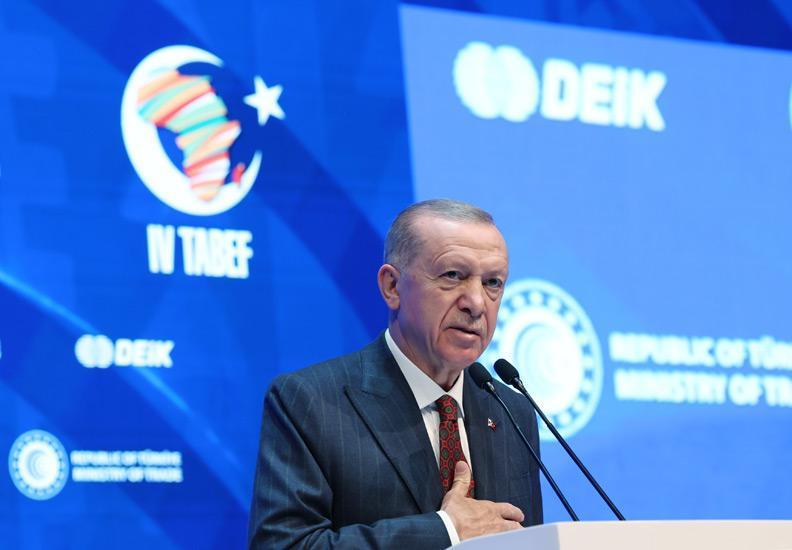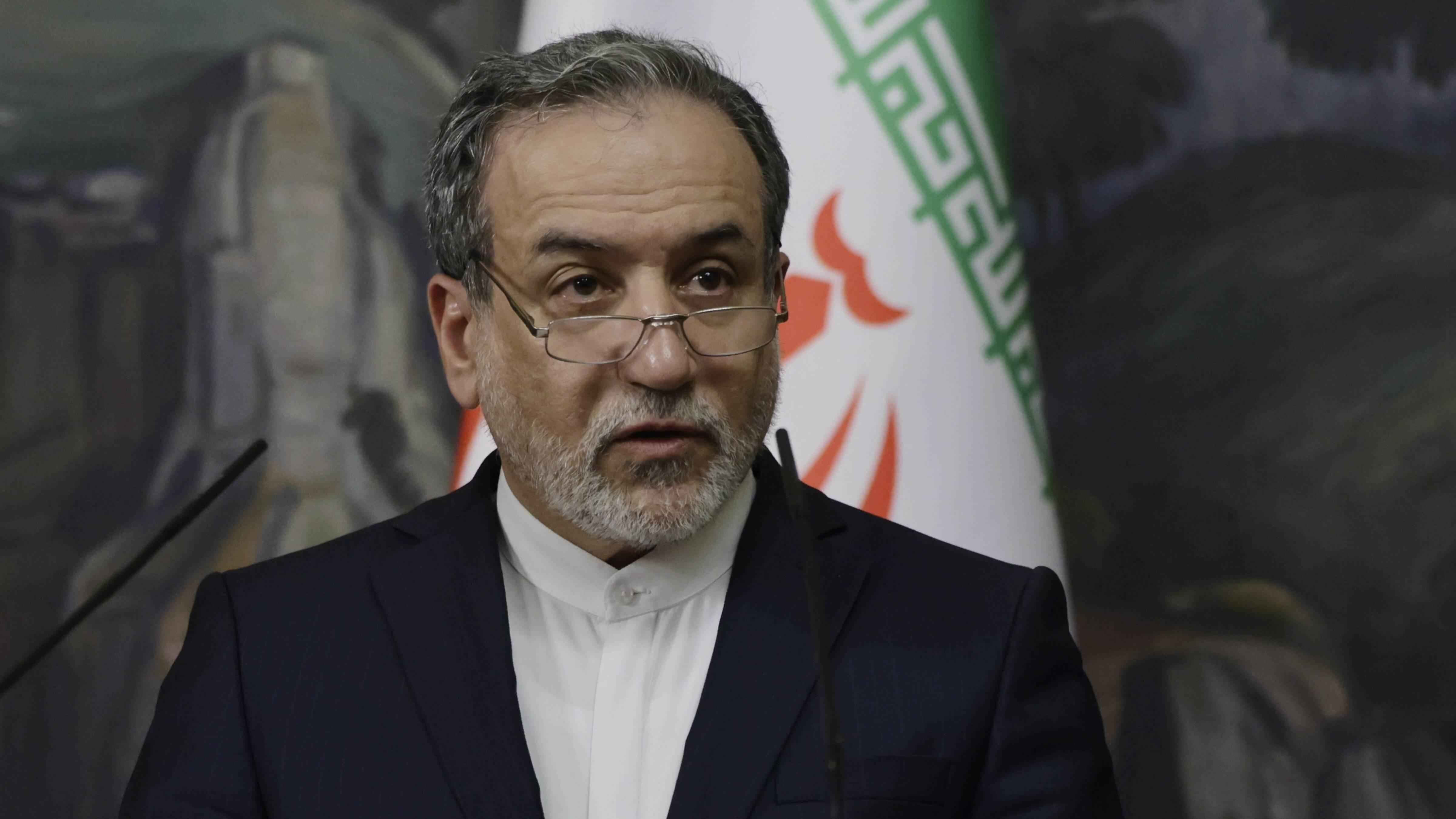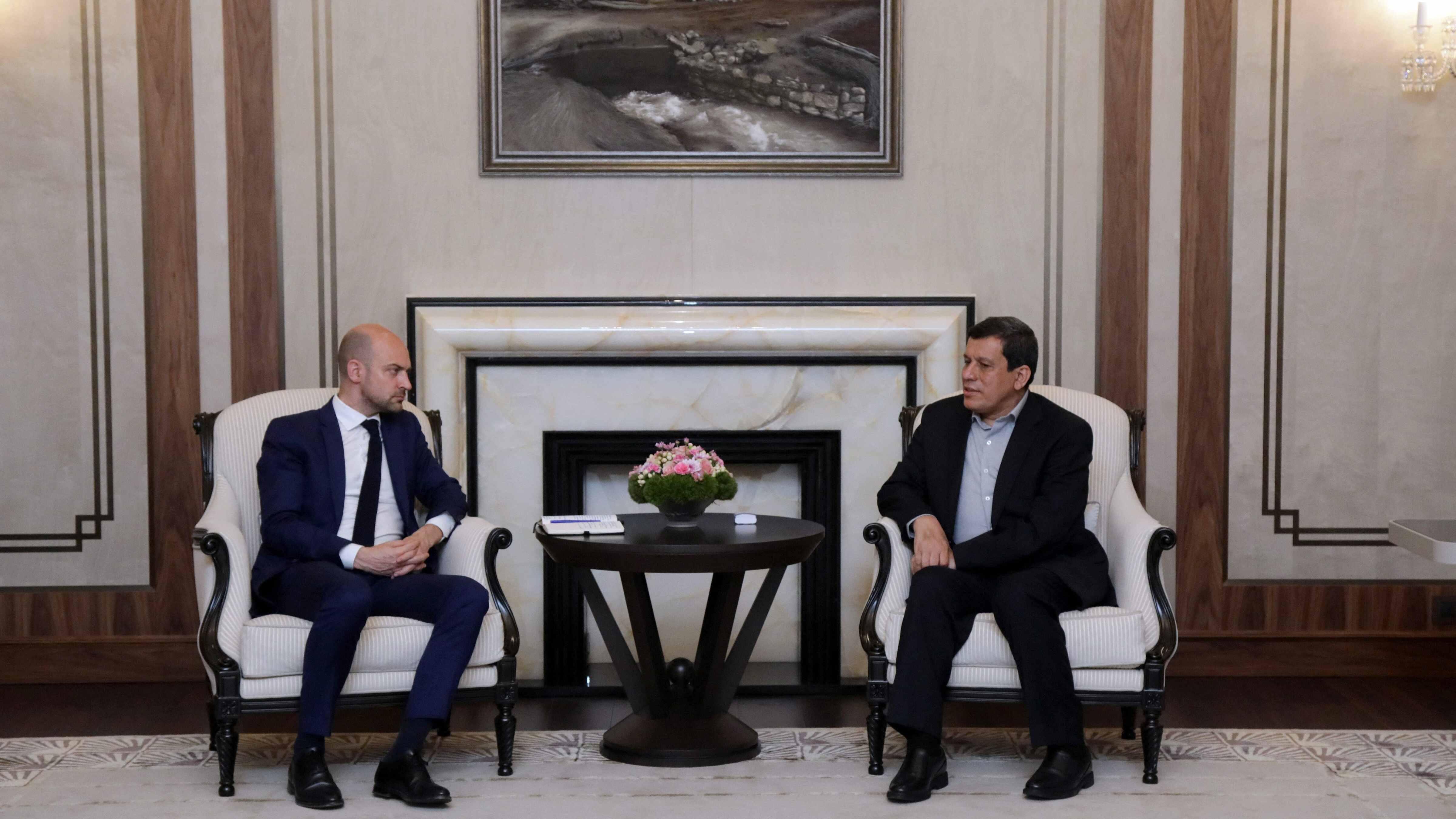Erdoğan: Türkiye’s five-year road map prepared
ANKARA

President Recep Tayyip Erdoğan announced yesterday that the 12th Development Plan, which will shape the next five years of the country, has been prepared and submitted to parliament.
"We have completed our 12th Development Plan, which is Turkey's roadmap for the next five years, which we worked on with the vision of 2053,” Erdoğan said in a message on the social media.
“Today, we present our 12th Development Plan, which we prepared with the contributions of our non-governmental organizations, professional organizations and the business world and with a common spirit, to the appreciation of our parliament."
Erdoğan noted that the plan has five main axes: Skilled people, strong family, healthy society; stable growth, strong economy; competitive production with green and digital transformation; disaster-resistant living spaces, sustainable environment and good democratic governance based on justice.
According to the plan, which covers the years 2024-2028, inflation is estimated to be 65 percent in 2023, while it is expected to decline to 4.7 percent in 2028.
In addition to the measures to be taken for five years, the plan also includes Türkiye's vision for 2053. The development plan aims to increase the GDP to 2 trillion 820 billion Turkish Liras and the national income per capita to $17,554 in 2028.
The plan envisages a reduction in unemployment to 7.5 percent in 2028 and an average growth rate of 5 percent in the period 2024-2028. As part of the plan, steps will be taken to make Türkiye an energy hub. The development plan includes the goal of net zero emissions, decarbonization activities, steps to increase energy and resource efficiency, and promoting the transition to renewable energy sources.
According to the plan, the automatic enrollment system (OKS) in the Private Pension System (BES) will be transformed into a second-tier pension system that includes employer contributions, and a supplementary pension system will be established. Students under the age of 25 enrolled in higher education institutions will be encouraged to participate in the BES.
Advice and training on family budget management and investment tools will be provided through digital channels. Financial education will be delivered electronically to people of all educational, age and income groups. Financial literacy will be included in primary and secondary school curricula.
The increase in life expectancy at birth will be taken into account in determining retirement criteria. Special social insurance programs will be established for low-income craftsmen, artisans, farmers and seasonal workers.
In the electricity and natural gas markets, the practice of supporting consumer groups below certain income levels will be introduced.
Legislation will be prepared for the implementation of flexible work models in the public sector. The current examination system for those appointed to public office for the first time will be reviewed in terms of legislation and practice, and it will be ensured that oral examinations are limited to the cases required by the duty. The principles of impartiality, transparency and fairness of examination boards will be strengthened.
The plan aims to implement practices to prevent increases in consumption that disrupt economic balances and fuel inflation.
The supply of housing will be increased to counteract the rise in housing prices and rents, while the effectiveness of credit restrictions on home ownership above a certain number will be strengthened.
Prices of services that increase production costs will be reduced and rigidity in service prices will be prevented.
















